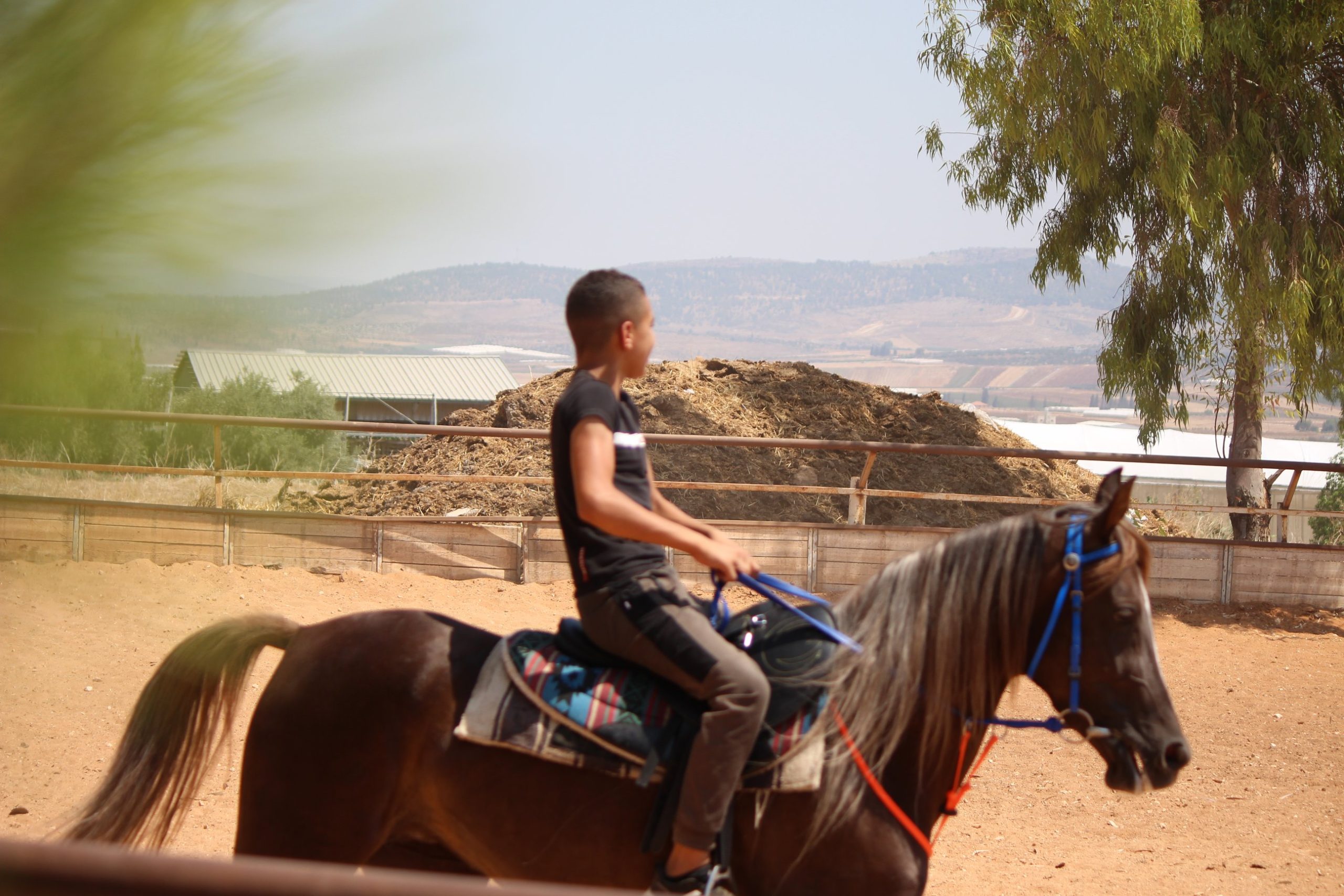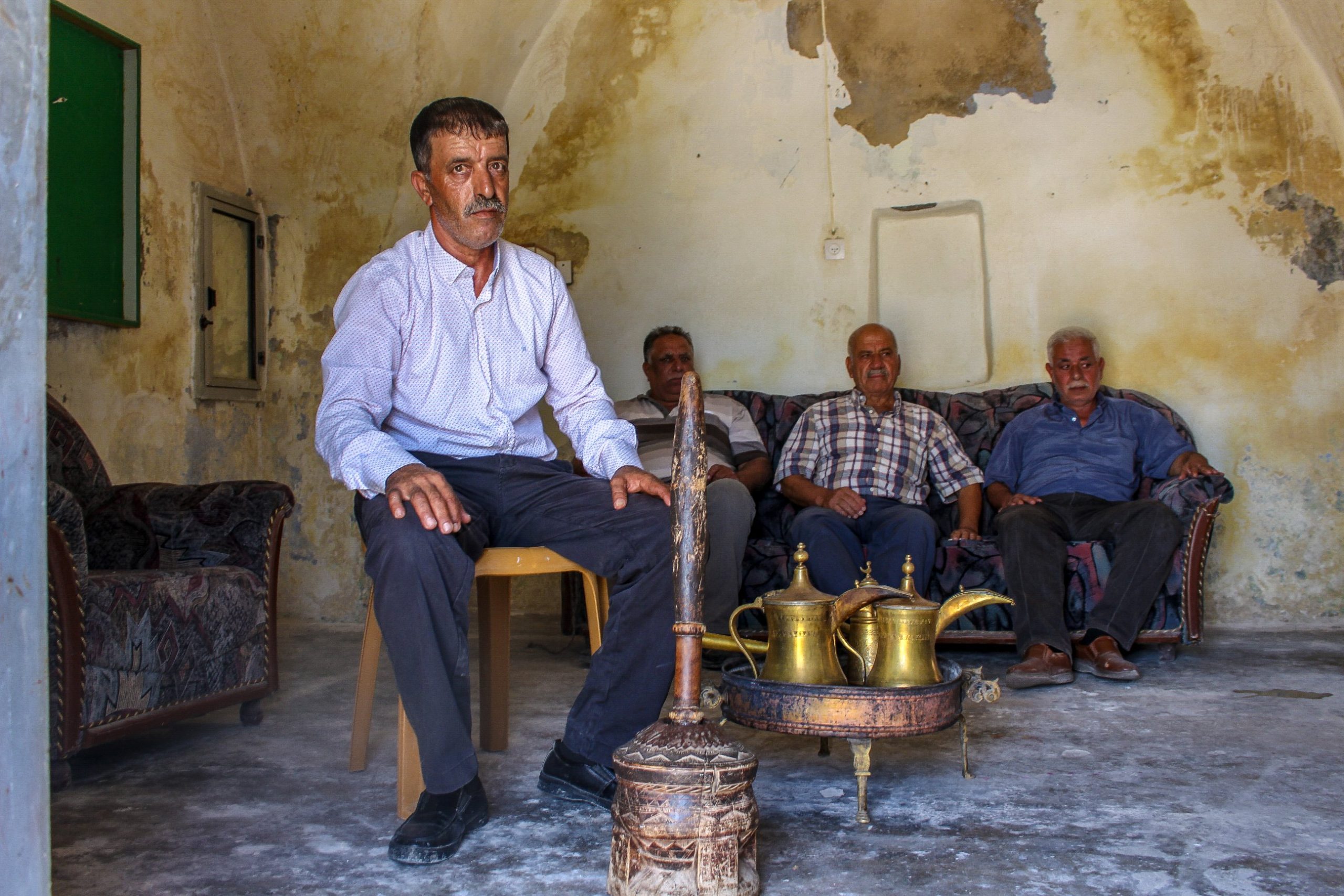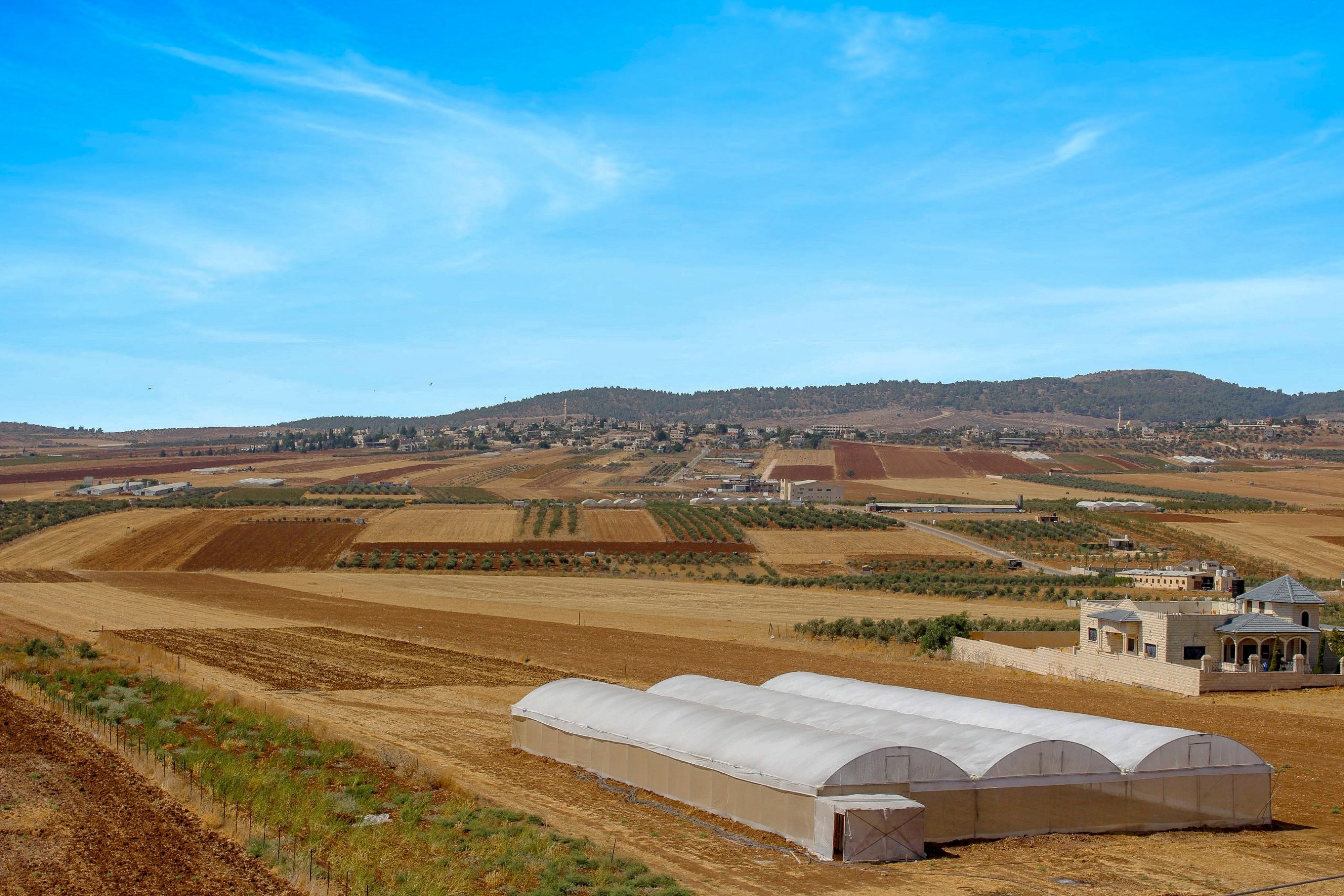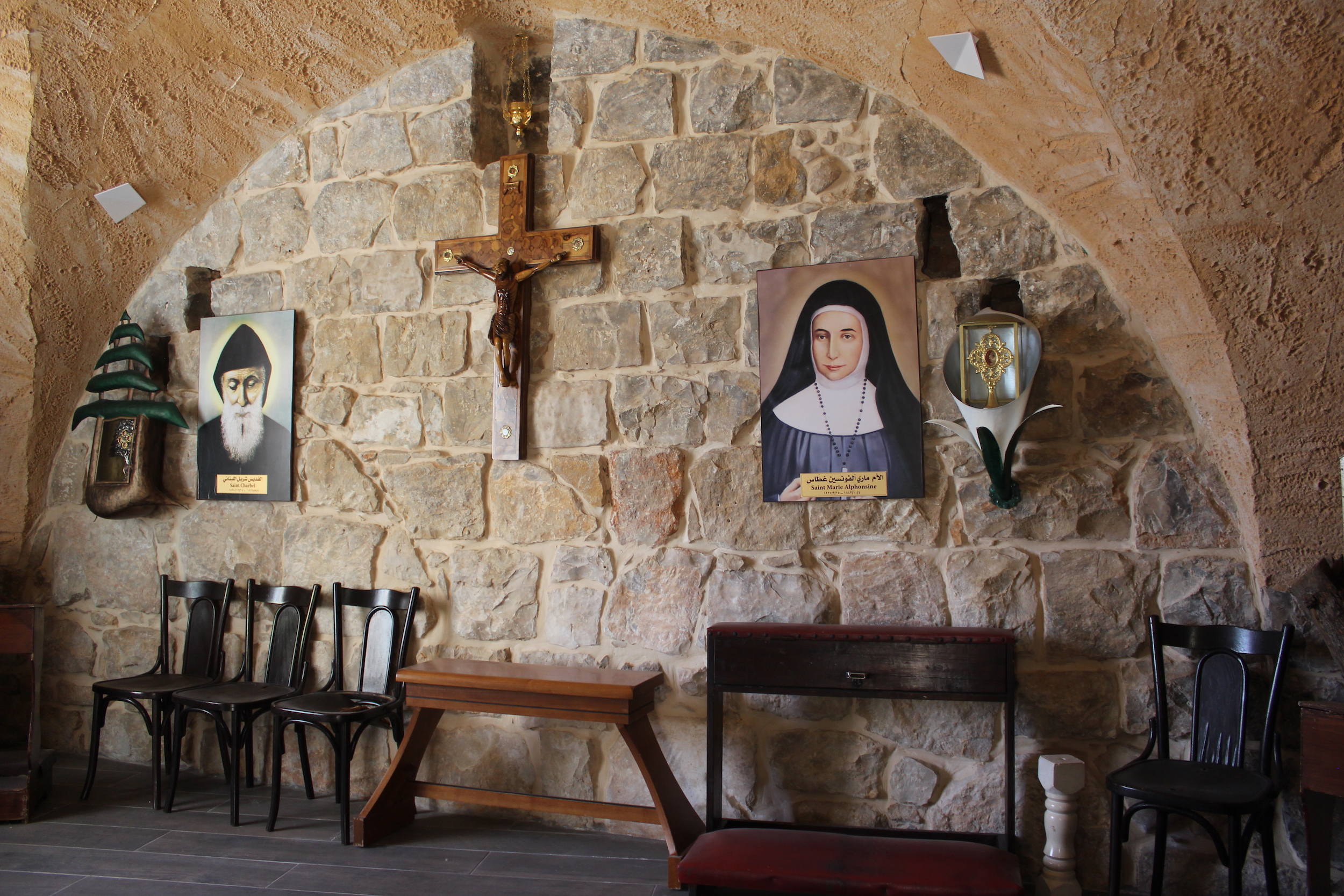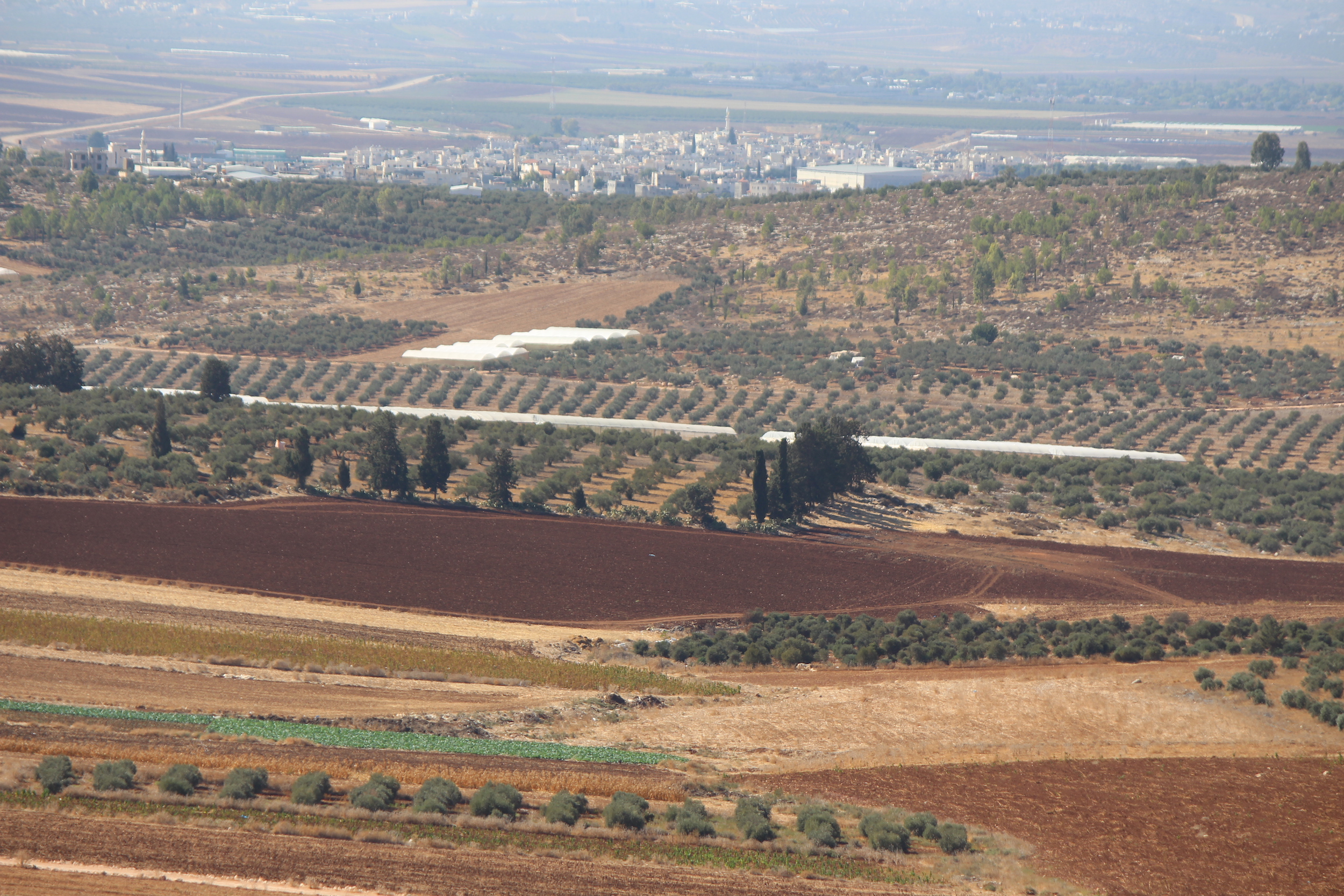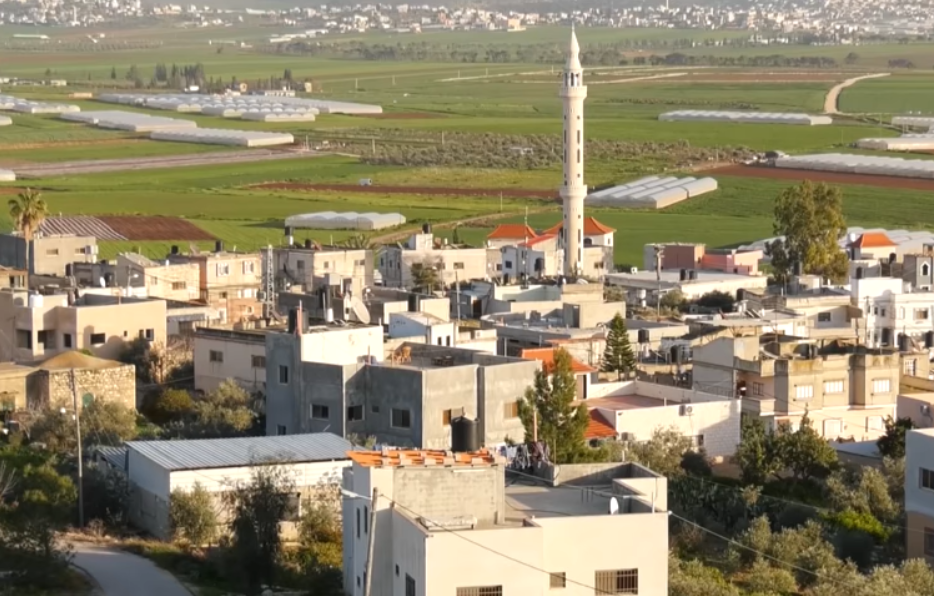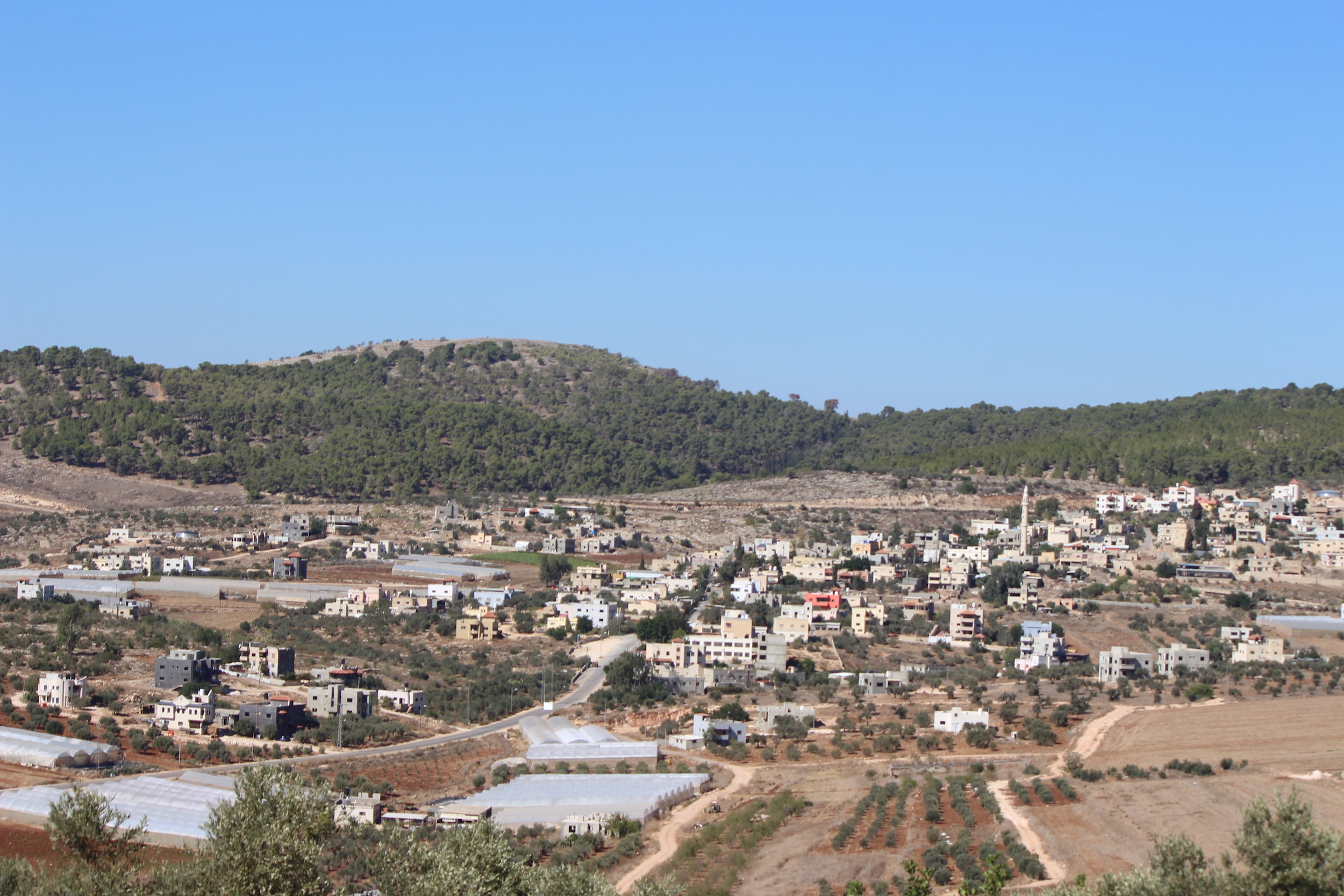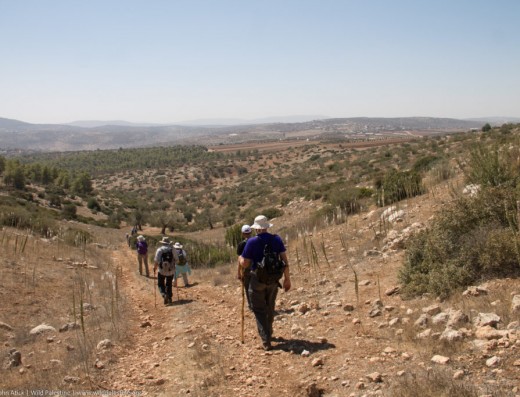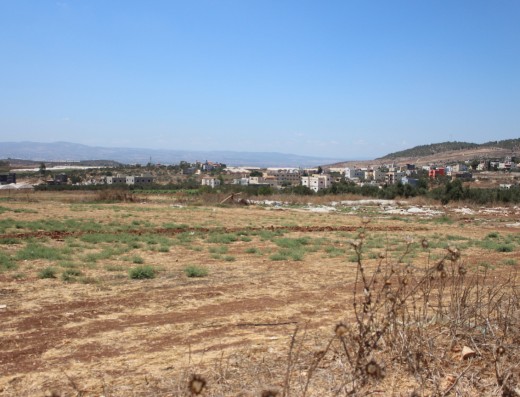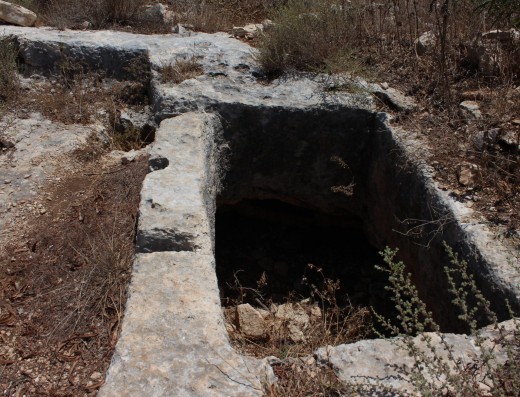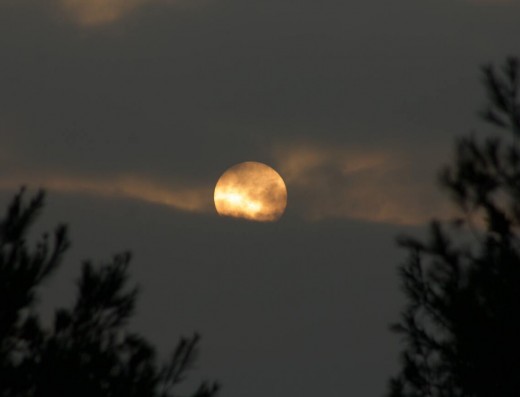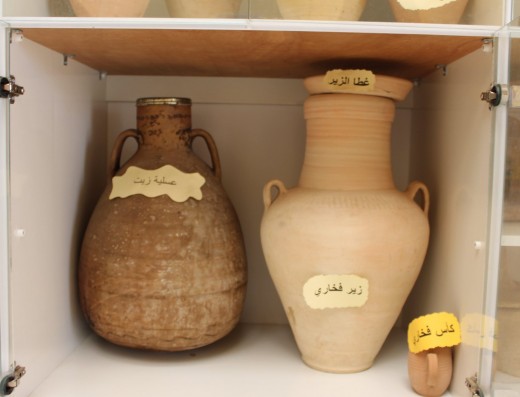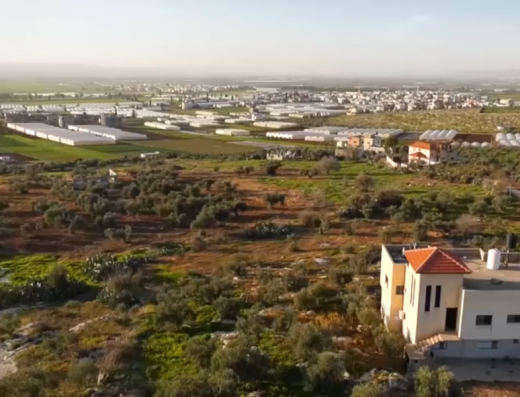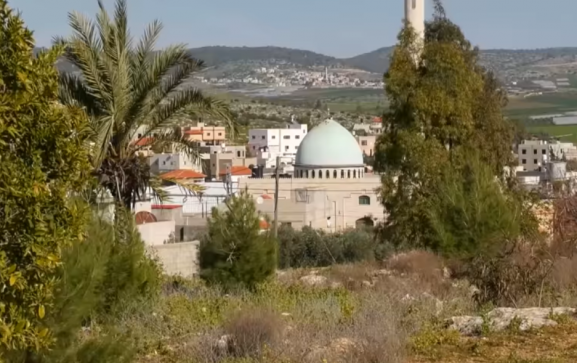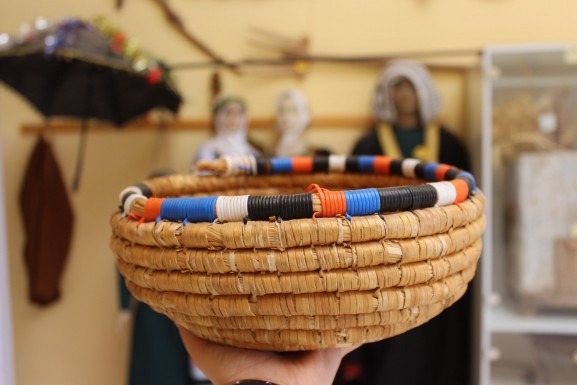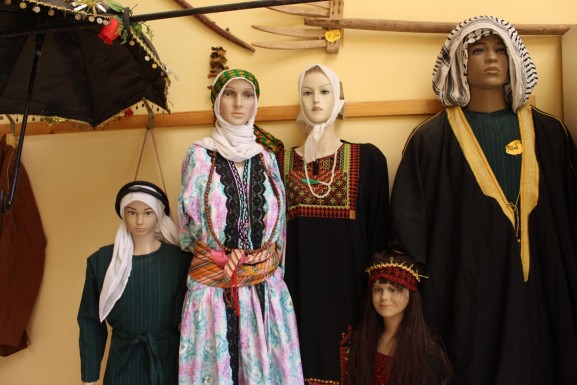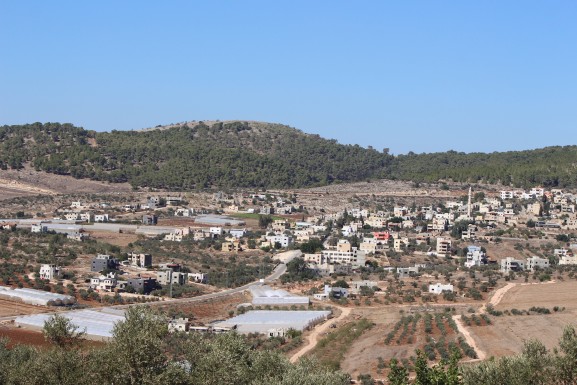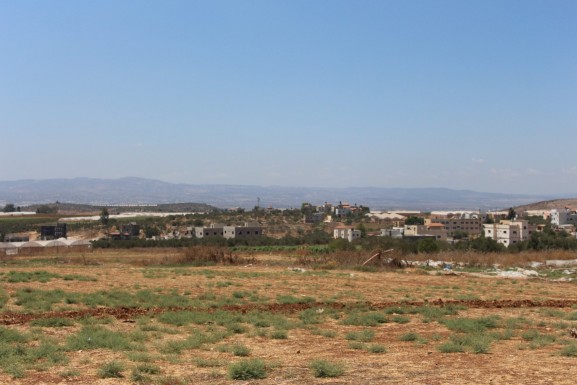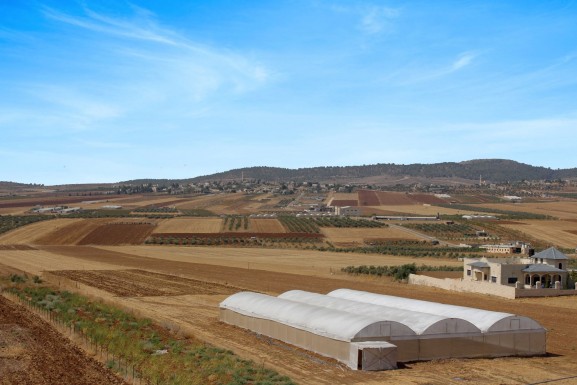Marj Ibn Amer Jenin, Palestine
“Palestine’s Bread Basket” is the name that historians have given to the area of Marj Ibn Amer, which lies to the northeast of Jenin. Located in the far north of the West Bank, it borders the Israeli-occupied city of Bisan and is the main northern gateway to the occupied Palestinian territories through the Jalameh barrier. The municipality of Marj Ibn Amer encompasses ten villages and local councils, including Deir Abu Dayif, Faqua’a, Jalboun, Arrana, Jalama, Beit Qad South and North, Deir Ghazaleh, Arbouna and East Aba.
With a population of 25,000 people, living on an area of 60,000 acres, it is considered one of the largest municipalities in terms of area at the national level. The lands of the region are characterized by their high fertility and quality, favoring the cultivation of olives, cactus pears, cucumbers, melons, watermelons and many other vegetables and fruits, as well as willows. It is an area of unique ecological, animal and plant biodiversity; hence, students, researchers and tourists come to it from different parts of the world, especially in the spring when the land is covered with flowering irises.
Each village in the Marj Ibn Amer region has a feature differentiating it from the others. The village of Jalama for instance is known for the Zajal folk festival, in which poets from all over the country participate. As for the village of Faqua’a, it is famous for its irises, regarded as the national plant. There are also many ecological and recreational hiking trails that tens of thousands of visitors walk each year to appreciate the terrain and enjoy the biodiversity of the animal and plant environment. Many large annual festivals are also held there, such as the Arabian Horse Festival and Race, the Cactus Festival at Faqua’a, the Wheat Festival, which aims to spread awareness of preserving the different varieties of local wheat, and the Marj Ibn Amer Sports Marathon.

